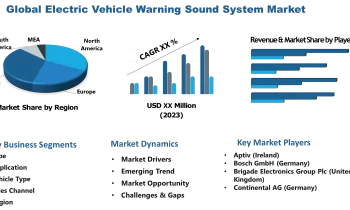
In a pandemic-ravished 2020, Israel recorded its first economic contraction in 18 years.
The Central Bureau of Statistics reported this week that the Israeli economy contracted by 2.4 percent in 2020. The figures represent the first contraction of the Israeli economy for a calendar year since a slight decline way back in 2002.
The contraction in the Gross Domestic Product was down to the Pandemic and subsequent three national lockdowns. Israel, a global leader in Fintech, was initially lauded for its hardline approach to the pandemic with strong lockdowns and restrictions.
After the first lockdown in Spring, there was a massive spike in those registering as unemployed. At the start of the health crisis, the number of peopled unemployed stood at 800,000, nearly 10% of the entire Israeli population and affecting all the top industries in Israel.
Since March, Israel has documented more than 740,000 cases of coronavirus and just under 5,500 deaths due to the illness.
Is the Israeli GDP Contraction as Bad as it Seems?
Despite the first contraction in 18 years, the GDP figures were actually better than expected. The Israeli GDP contraction was less dire than the original estimate of between 3.3% and 3.7% offered at the start of the pandemic.
Another point worth noting is that the 2.4% contraction in the Israeli economy is one of the lowest on average for members of the OECD (Organization for Economic Cooperation and Development), which stands at around 5.5%.
Lastly, Israel has been the world leader in vaccinating its people. According to the latest figures from the Ministry of Health, over 4 million Israelis (more than 40% of its population) have been vaccinated and more than 2.6 million Israelis have received a second dose already.
According to the Bank of Israel, if the pace of the coronavirus vaccination campaign is maintained, Israel should see steady economic growth in 2021, with growth estimated to be as high as 6.3%.
However, many eyes will be on whether or not the Israeli housing bubble will burst in 2021, as the economic ramifications of the pandemic-ravished 2020 are still yet to be felt.



